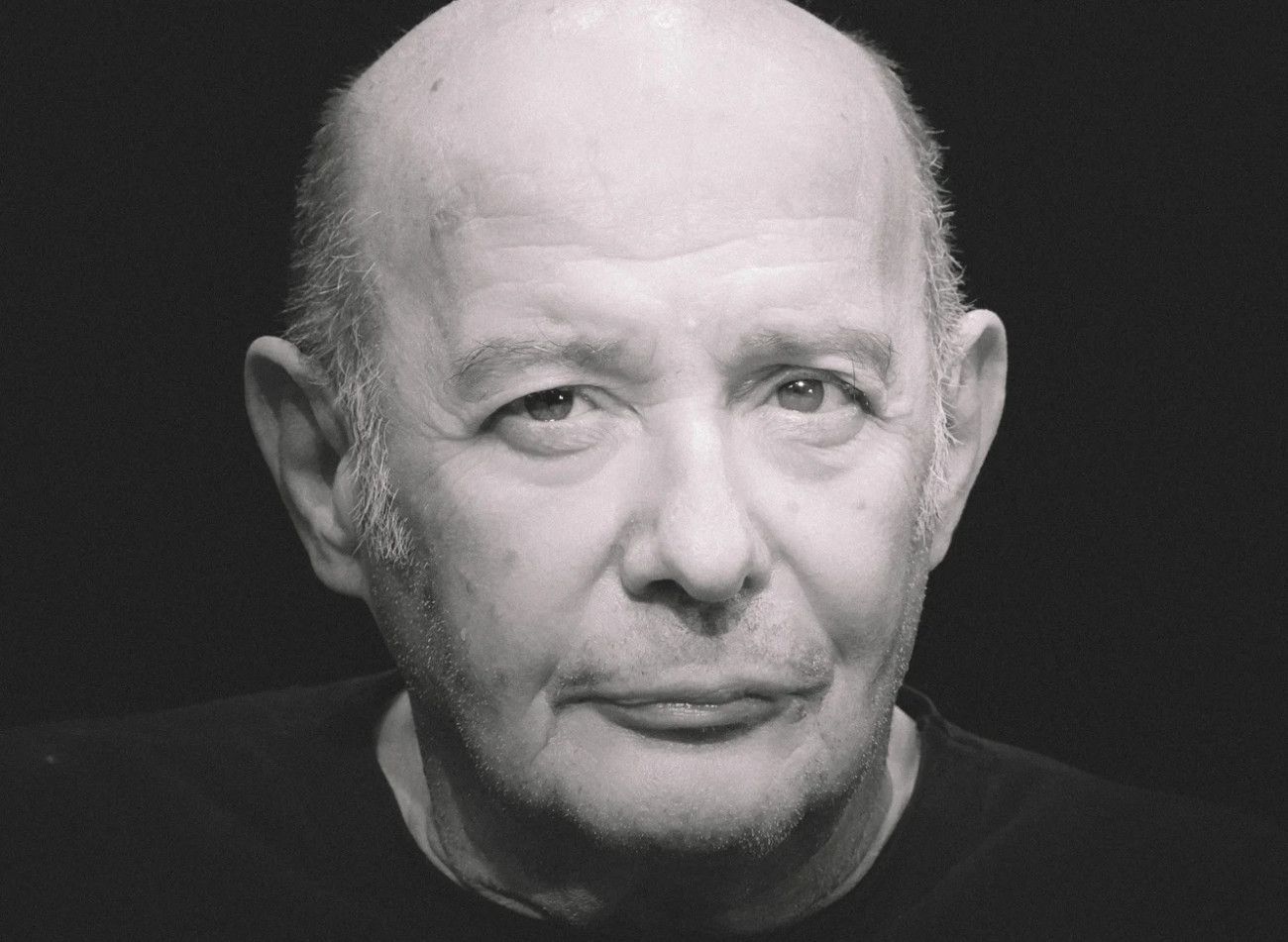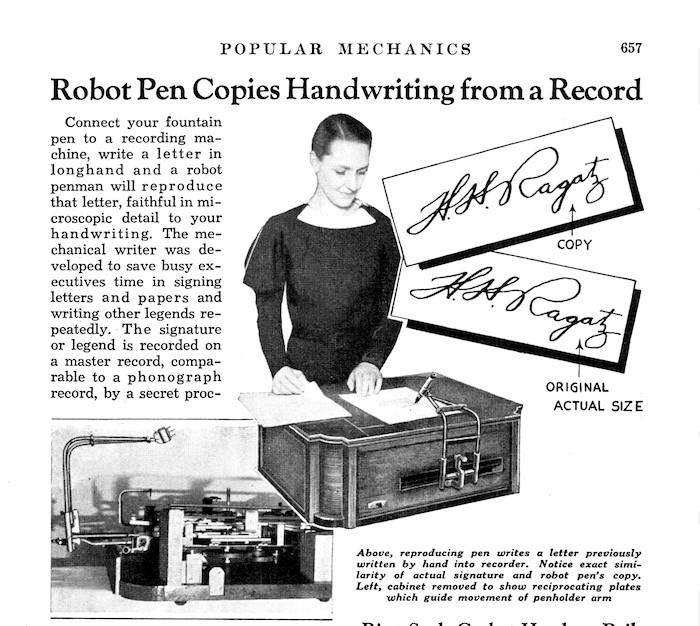Under the spotlight – the focus is on the cardinals who will choose the new pope

|
With the death of Pope Francis, declared by the Vatican on Monday, Roman Catholics around the world will begin to speculate which of the red cardinals will inherit it.
What follows after Pope Francis’ death
Given the nature of the Cardinal appointments made by Francis during his papacy, there will be some expectation that the heir to Pontiff Argentine will be another non -European and that, like him, he can be another progressive leader opposed to the conservative wing in the church.
The election process, which will take place after Francis is buried, however, is extremely secret and nothing will be certain, while the white smoke rising from the chimney of the Sistine Chapel has not announced in the world that a new pope has been chosen.
Cardinals are the closest contributors to Pontific and manage key departments in the Vatican and Dioceses around the world. When Pope dies or resigns, these cardinals under the age of 80 have the right to enter a secret conclave to choose from themselves the new spiritual head of almost 1.4 billion followers of the Roman Catholic Church.
The complex voting will reveal whether the current cardinals, most of which are raised by Francis, believe that its perception of liberal social values and its program for progressive reforms have gone too far and whether a period of retreat is required.

The cardinals will determine the date for the beginning of the conclave after they begin to arrive in Rome in the coming days.
Only a pope can appoint cardinals and the type of men he chooses can leave his imprint on the church long after his rule – because of their status as high priests and because one of them can one day become a pontiff.
As of April 21, there are a total of 252 cardinals:
- 135 of them are cardinals Electors under 80 years
- 109 by the electors were appointed by Francis
- 22 Of the Cardinals Electors are the appointments of his predecessor Benedict
- 5 are from the time of John Paul II.
Cardinals « proclaim » ceremonies called consistories, where they are given a ring, red beer (square hat) and are grateful in fidelity to the Pope, even if it means shedding blood or sacrificing their lives, as indicated by the red color.
« Extremism and violence are not born of a religious heart » – and other quotes from the Pope
Pope Francis conducted 10 consistories, and with each of them he increased the chances of his successor to be another non-European one after strengthening the church in places where her followers are either a small minority or where they increase faster than in the mainly stagnant West.
For many centuries, most cardinals have been Italians, except for the period when the papacy was based in the French city of Avignon between 1309 and 1377 (then many of them were French).

The Cardinals of Cardinals with more foreigners began to form seriously at Paul VI (1963 – 1978). This process was significantly accelerated by John Paul II (1978 – 2005) – the Pole, who was the first pope of a non -Faulian in 455 years.
While Europe still has the largest share of Cardinals Electors (about 39%), it dropped by 52% in 2013 when Francis became the first Latin American pope. The second largest group of voters is from Asia and Oceania by about 20%.
A less Eurocentric group
Francis has appointed more than 20 cardinals from countries that have never had a cardinal before, almost all of the developing countries such as Rwanda, Cape Verde, Tonga, Myanmar, Mongolia and South Sudan or countries with very few Catholics like Sweden.
- In some cases, he repeatedly neglected vacancies in major European cities, where there are traditionally cardinals to emphasize that the church cannot be so Eurocentric.
- Elsewhere like the United States, he surrounded dioceses such as Los Angeles and San Francisco, apparently because they had conservative archbishops.
Robert McElroy, Archbishop of Washington since March, is considered a progressive and outspoken ally of Francis’ pastor approach to social issues as an environmental protection and a more welcoming approach to LGBTC Catholics.
The Pope’s heritage
The more cardinals a pope defined during his reign, the increased the ability of his successor to be someone who has similar views on church and social issues.
However, this is not always the case, as the cardinals can choose a person who is theologically different from their predecessor, but considered the best candidate for internal church reasons or because of the historical times in which the elections are held:
- Pope Benedict was chosen to inherit Pope John Paul II partly because Benedict had worked with John Paul for two decades and the cardinals wanted continuity.
- But many of the same cardinals believed that an « outsider » was needed to inherit Benedict, who resigned in 2013 after the Vatican Leaks scandal revealed a dysfunctional central administration, much of which was controlled by Italian prelates.
- At the same time, many cardinals clearly felt that the future of Catholicism was beyond the aging Europe, so they chose Argentine Jorge Mario Bergolio as their Pontifix, the first non -European nearby in almost 13 centuries.
Although cardinals who are 80 years old cannot enter the conclave, they can still affect its exit. They are allowed to attend meetings known as general congregations, which are held in the days before the start of the conclave and where the profile of the qualities required for the next pope is formed.







